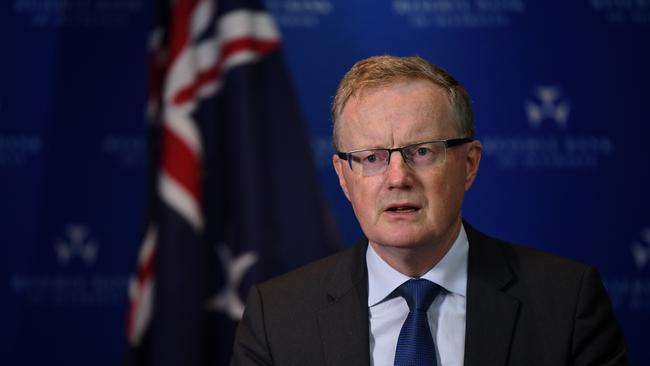Banks are trying to lock up your home loans: should you fix?
Mortgage interest rates are at record lows and borrowers are big winners, but there are still decisions to be made about what type of home loan you have.
It seems that banks and other lenders are doing their best to lock in our mortgages.
Most are offering fixed interest rates for two or three years at between 2.2 and 2.3 per cent – way below current variable rates for home loans.
Even five-year fixed rates are around 2.6 to 2.8 per cent, numbers we wouldn’t have believed were possible just a few years ago.
Rates were already ultra-low before this year’s global health and financial carnage, and borrowers are the winners.
A big negative for fixed rates in the past has been the break fees payable to your lender if you decided to exit the loan early. If you tried to end a fixed loan you’d taken out when rates were higher, these costs could be horrendous.

But now, with interest rates at record lows, borrowers have much less risk of being stung by that rate differential.
The Reserve Bank of Australia last week kept its official cash rate on hold at 0.25 per cent. It’s weird to think that this rate was 4.5 per cent in 2010, and 17 per cent three decades ago.
The RBA will only raise interest rates when inflation goes up, and has forecast inflation to remain very low for at least a year. In this current three-month period it’s actually expecting negative inflation.
RBA governor Philip Lowe has previously indicated that 0.25 per cent is the floor for the cash rate, which means variable rates are unlikely to get much lower. So why, then, are fixed rates lower still?
Competition plays a big role. If your bank has you locked into a fixed rate, you’re less likely to refinance it for a better deal with a rival lender. Some lenders are contacting their customers to offer low fixed rates.
It costs banks and other businesses more money to attract new customers than keep the ones they have, so it makes financial sense for them to lock up your home loan.
I’ve previously been burnt a couple of times with fixed rate loans – locking in just before rates started to fall – and swore I’d never touch them again. However, with fixed and variable rates they way they are at the moment, I’ve recently locked in a couple of fixed rates.
If you are considering fixing, there are still a few things to remember:
• If there’s a chance you’ll sell the house and exit the loan soon, perhaps steer clear of a fixed-rate mortgage as break costs could still apply.
• Fixed is still less flexible than variable rate mortgages, so check your lender’s rules around making extra repayments. These may be banned or limited.
• Investors can get peace of mind from fixing, but if you’re a forced seller in this COVID-19 crisis because your income or a tenant’s income dries up, make sure you have options.
• A popular strategy can be part-fixing – getting the benefits of fixed rates on a portion of your mortgage but still the flexibility of variable loans on the rest.
Originally published as Banks are trying to lock up your home loans: should you fix?
